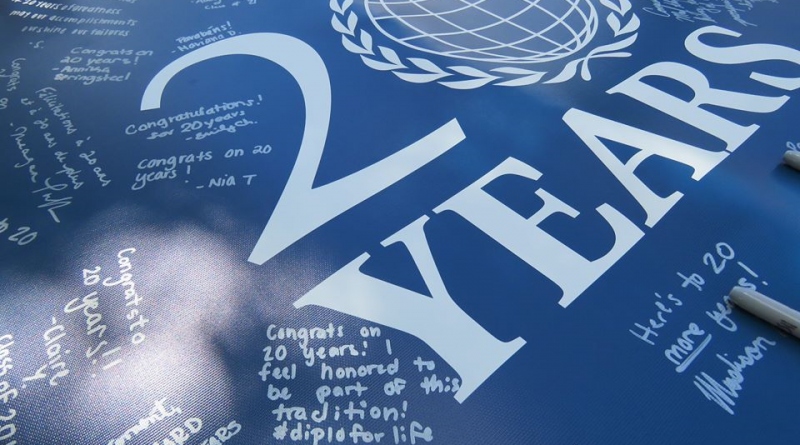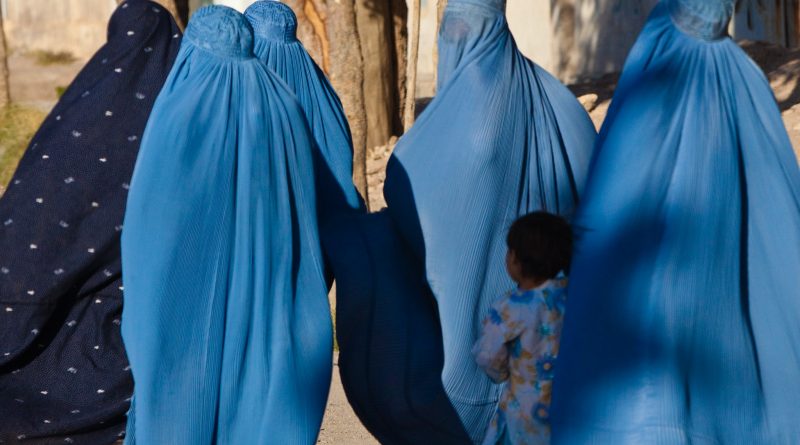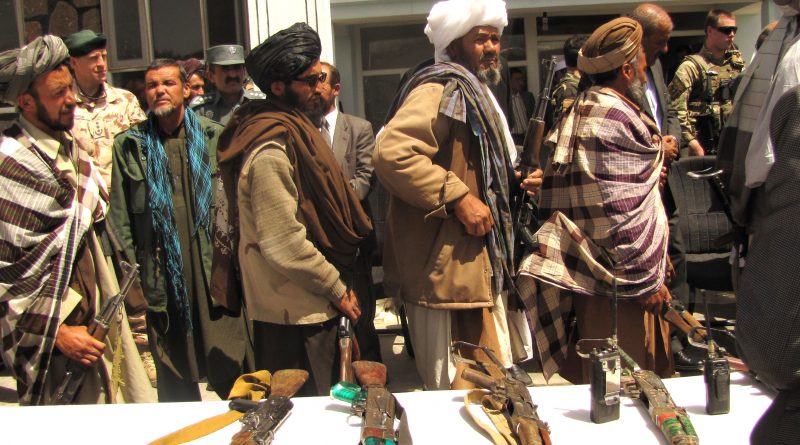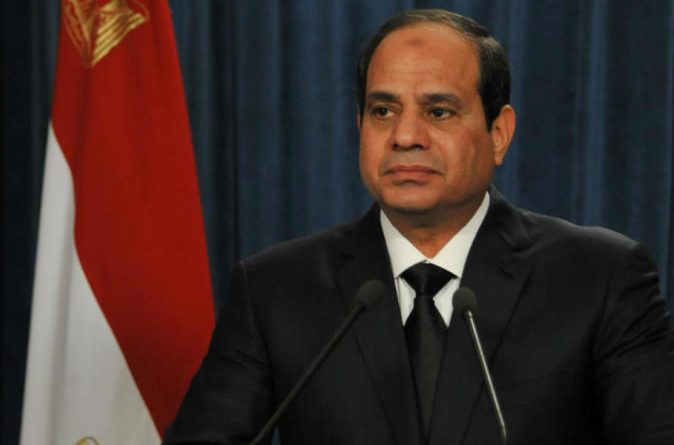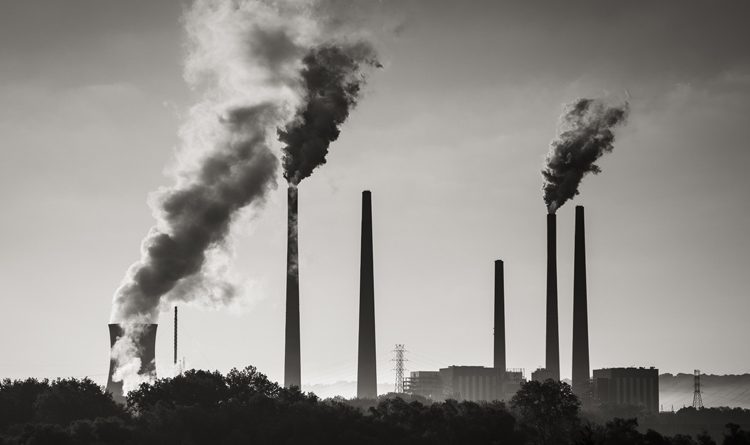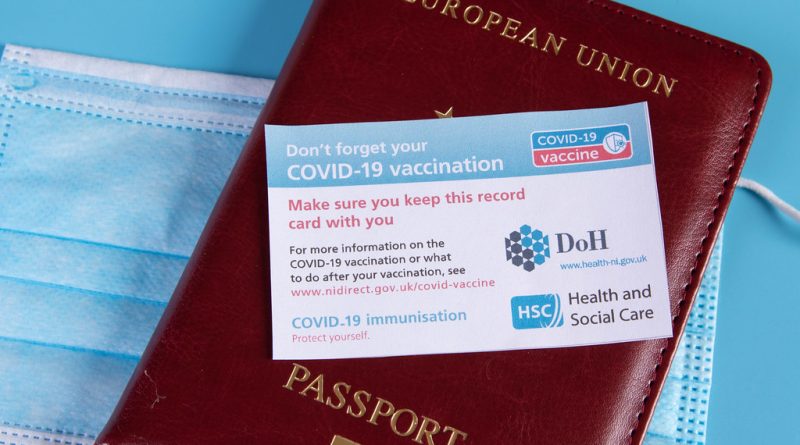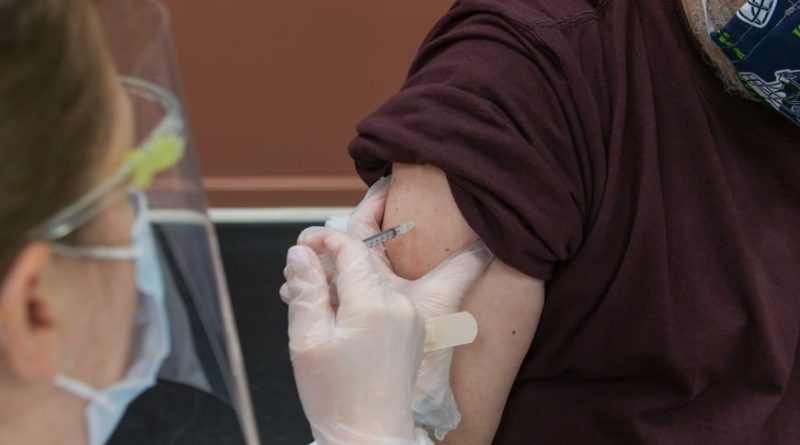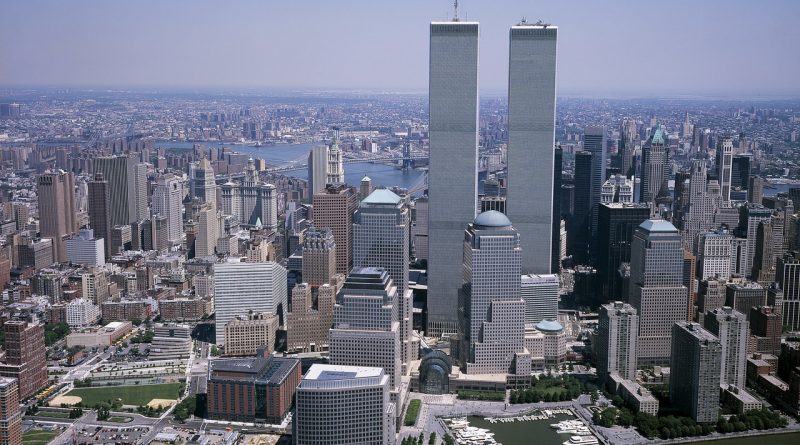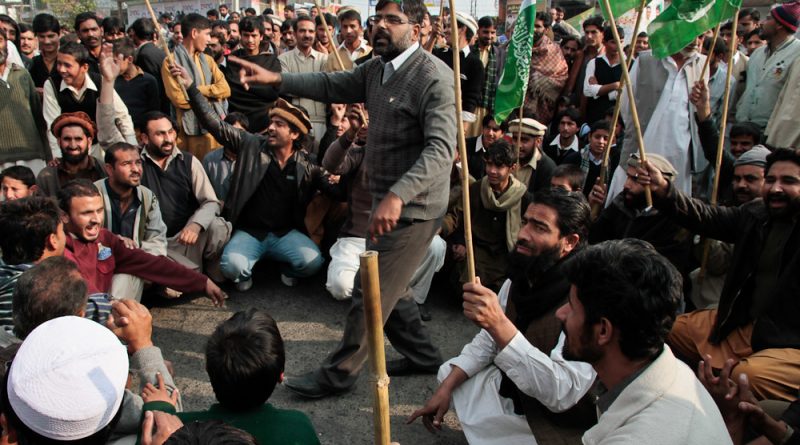China’s Authoritarianism Facilitates Economic Growth Amid COVID-19
Despite being the epicenter of the COVID-19 outbreak, China’s swift and strict response to the pandemic allegedly led to a 2.3 percent increase in GDP in the year 2020, reports NPR. The pandemic posed a unique challenge for the communist government, but not an unmanageable one. Leaning into authoritarian tactics, the Chinese government was able to fight the virus while simultaneously building back its economy.
Read More

